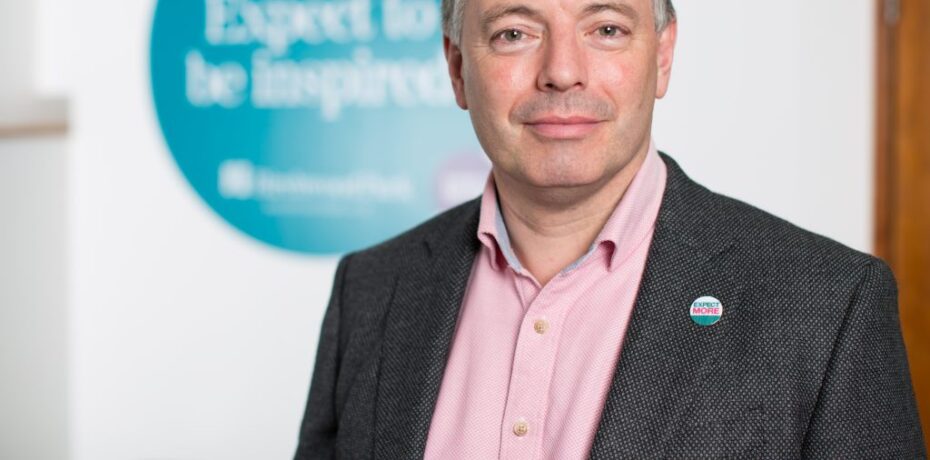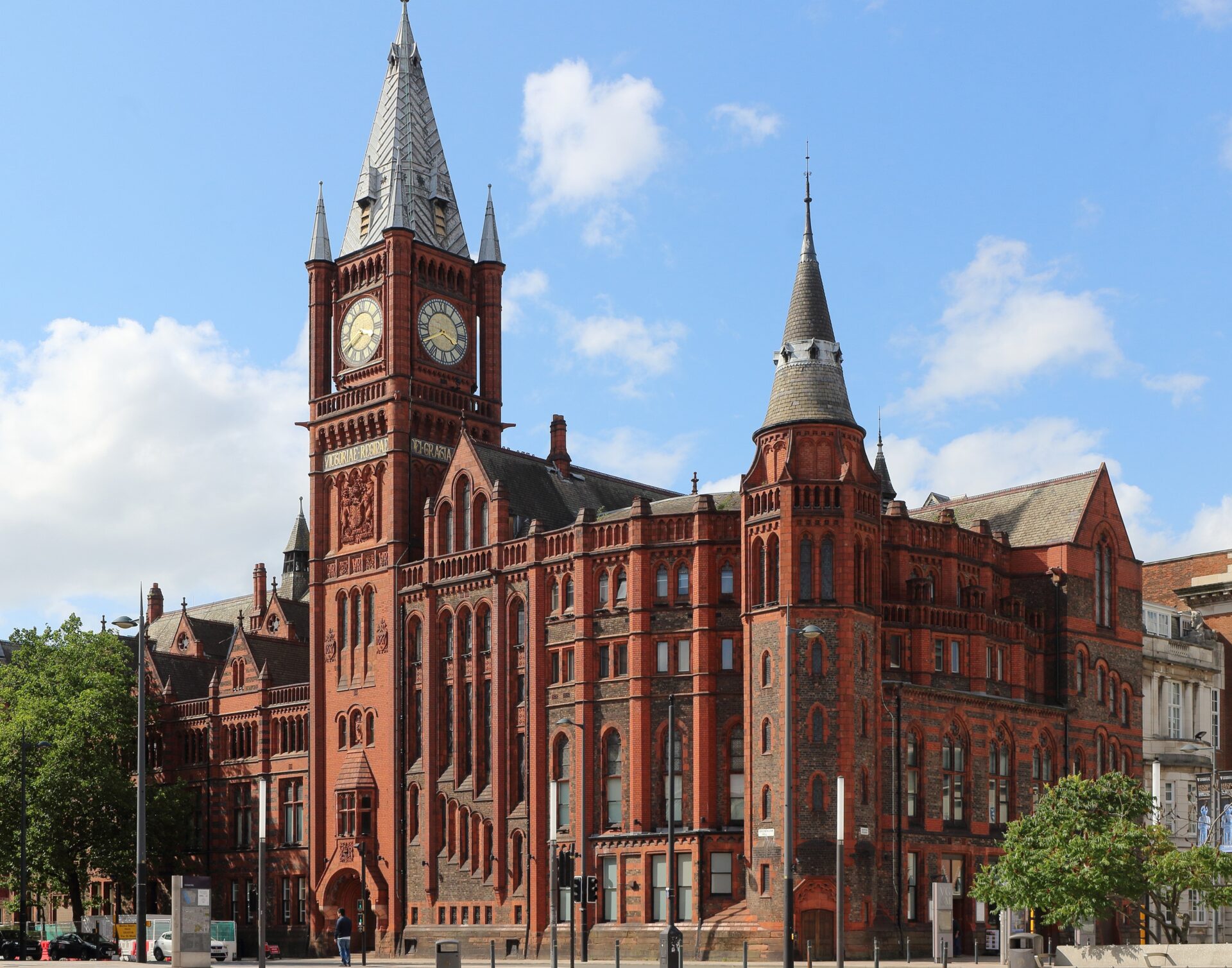Commentary
COMMENT | Tech is core to the new office
Our Office of the Future whitepaper shines a light on the technology and culture needed for businesses that want to keep an advantage this year, writes Martin O’Rourke of Birchwood Park.
The challenges presented by the Covid-19 pandemic have certainly forced business owners and decision-makers to get more creative with how we run our businesses and support our teams.
It has catapulted working practices, office culture and employee expectation into the spotlight. It’s time for businesses to analyse their own approaches and address shortcomings. What is clear is that the traditional concept of an entirely office-based, 9am-5pm Monday-Friday job is gone. A focus on flexibility, wellbeing and technology are all here to stay and businesses need to sit up and pay attention.
Vital in the progression of business, the office will now come into its own. When I started working, there were typing pools and the fax was just becoming a feature in the office. Now this has all disappeared as technology has evolved, but the office is very much still there. In order for the full potential of office space to be realised, these new technologies need to be embraced with open arms.
What to expect from the office of the future
Produced in partnership with a team of experts, our whitepaper looked at what employers will need to do to ensure their teams feel supported, and what the future of the office will look like as a result.
Over the next 12 months portable technology is set to take over as remote working continues. As a result, we can expect to see greater flexibility in the way employees use the office: an operation of core working hours, rota systems to split time between the office and home working, more teleworking – working from anywhere – and hot-desking.
With adoption of such ways of working persisting for some years to come, added to the continued need for social distancing, businesses will be expected to answer these needs with a shift in office layouts accordingly. Floor spaces should be reconfigured to allow for teleworking and hot-desking, with a move away from set desktop spaces, with individualised working pods to allow for quiet and concentrated tasks, and reduced capacity within meeting rooms.
There are even more exciting advancements in technology on the horizon to look forward to, including flexible and immersive screen technology that will let us essentially ‘be’ anywhere. There will be more tech to improve the working environments of employees on an individual and needs-based basis; an increase in voice-controlled devices, a focus on health-tech, and virtual and augmented reality will all become commonplace in an office looking to keep up with changing times. Business leaders, take note: it’s time to invest.
Changing workplace attitudes
Of course, the evolution of the working day and format of the office of the future is not complete without taking a holistic view. The working day will become more flexible, with employers adapting to the needs of employees, and so the services and amenities that come along with office spaces will be more important than ever before. On-site gyms, coffee shops and cafes have become commonplace, and, whilst these are still important additions to entice office workers, more will need to be done to enhance the working day.
It’s vital that any physical changes are complemented with cultural changes too. Business leaders must shift their attitudes when it comes to giving more consideration to the wellbeing of their employees – and quickly. The ‘people agenda’ absolutely needs to come to the forefront of our minds.
With reports on the rise of loneliness during the pandemic and various states of lockdown, employers need to ensure they are looking after their staff, not just to ensure they maintain a happy, healthy workforce, but to benefit their business as well. A content team will reward your business with higher levels of productivity, less instances of presenteeism and employee absence, and ultimately increase staff retention rates.
What is clear as of now is that the needs of today’s employees are far more sophisticated than they once were. The more businesses that adopt workplace wellbeing policy, the more mainstream it will be considered generally, and therefore the more it is expected as a norm.
These cultural and attitudinal shifts within office culture coupled with the acceleration of technological advancements mean that exponential change is coming – and is exciting.

- Martin O’Rourke is commercial director at Birchwood Park, the North West’s largest out-of-town business destination




